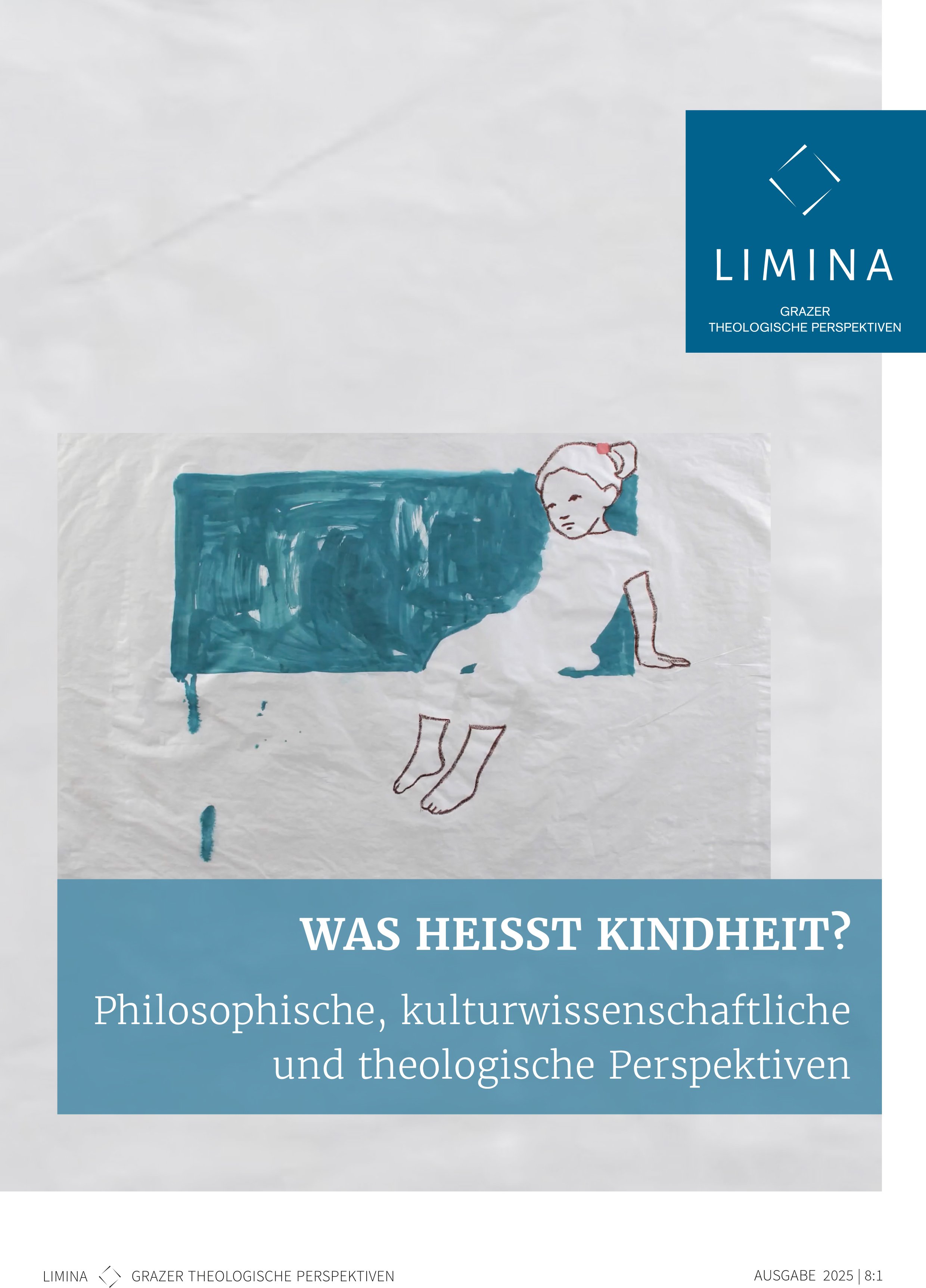Befreiung aus der Kindheit? Zur Kritik neuer Varianten der Antipädagogik
Hauptsächlicher Artikelinhalt
Abstract
Die Idee, Kinder aus tradierten und überkommenen gesellschaftlichen und pädagogischen Macht- und Autoritätsverhältnissen zu befreien, ist historisch keineswegs neu. Sie scheint vielmehr in unterschiedlichen soziopolitischen Kontexten und Zeiten, getragen von bestimmten Milieus und Bewegungen und eingebettet in unterschiedliche, dem eigenen Anspruch nach antipaternalistisch orientierte Doktrinen und Rhetoriken immer wieder aufs Neue reaktualisiert zu werden. In Kontinuität zu diesen Traditionsbeständen – von frühen reformpädagogischen Ansätzen, über antiautoritär und antipädagogisch orientierten Programmatiken bis hin zu Kinderrechtsbewegungen und Varianten politisch ambitionierter Kindheitsforschung und -soziologie – verortet man auch den sogenannten ‚Childism‘. Ausgehend von einer Kopplung von Politik- und Theorieprogramm betrachten Vertreter:innen von Childism Kinder als gesellschaftlich unterdrückte und marginalisierte Gruppe in einer von Erwachsenen beherrschten und durch adultistische Normen paternalistisch geprägten Welt, die es zugunsten von Kindern zu transformieren gelte. In meinem Essay werden entsprechende Programmatiken des Childism, mitsamt ihren Begründungsdefiziten, blinden Flecken und argumentativen Leerstellen, rekonstruiert und kritisch auf den Prüfstand gestellt.
Artikel-Details

Dieses Werk steht unter der Lizenz Creative Commons Namensnennung 4.0 International.
Das Copyright verbleibt ohne Einschränkungen bei den Autor:innen.
Der Inhalt von LIMINA steht unter der Creative Commons Attribution 4.0 International Licence. Mit der Einreichung eines Beitrags stimmen die Autor:innen den Nutzungsbedingungen der CC BY-Lizenz zu.

